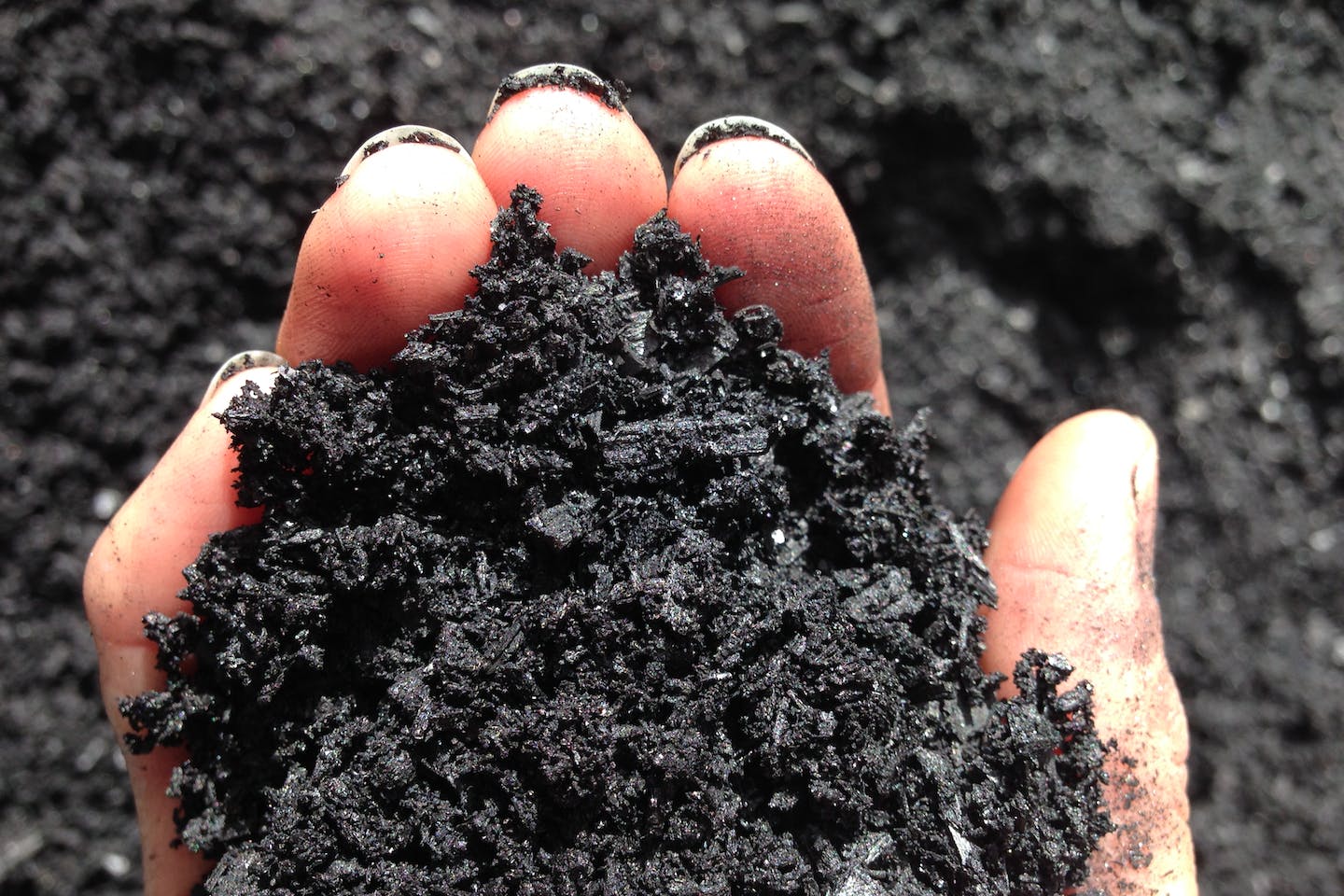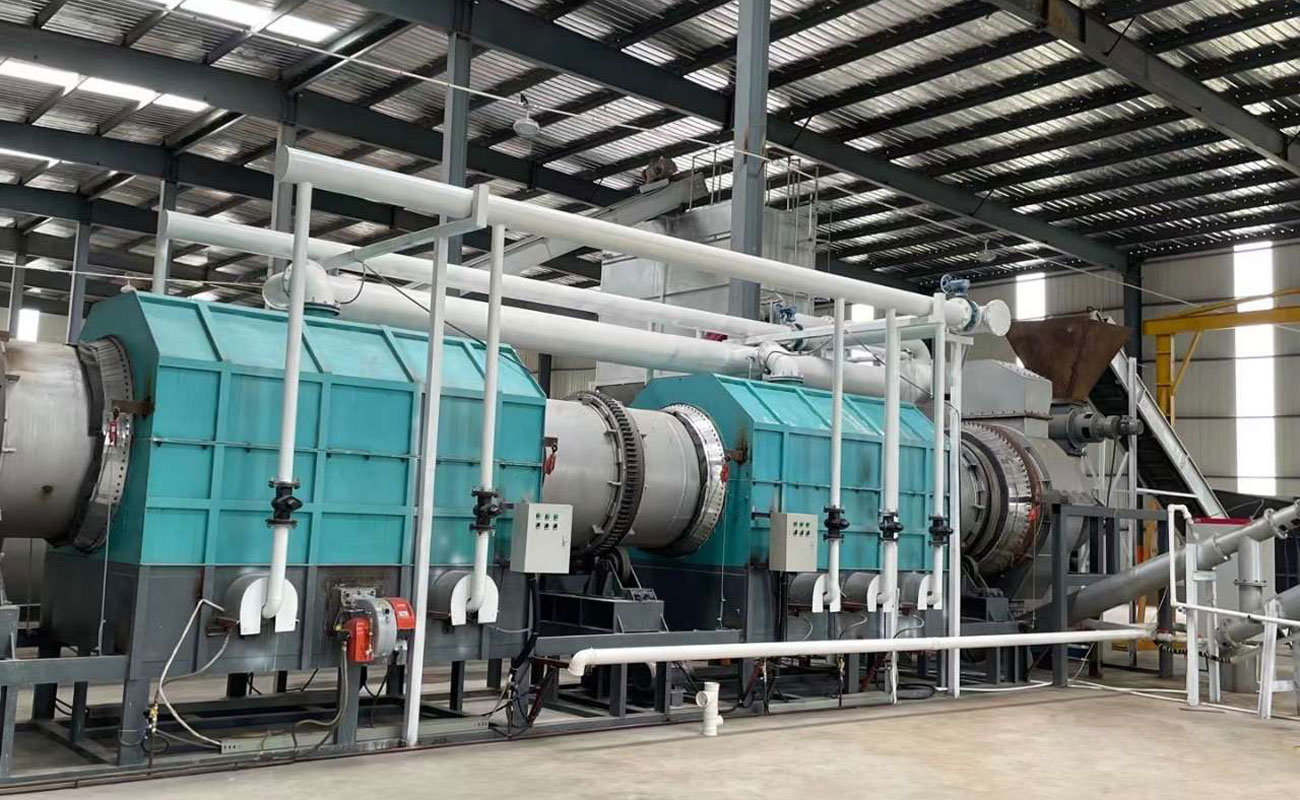Climate change poses significant challenges to global agriculture, impacting soil fertility, water availability, and overall crop productivity. In the pursuit of sustainable and climate-smart farming practices, biochar has emerged as a promising solution. This revolutionary carbon-based material, produced through the pyrolysis of biomass, not only enhances soil health but also sequesters carbon, contributing to climate change mitigation. In this comprehensive exploration, we delve into the world of biochar equipment, uncovering the technology that is reshaping modern agriculture for a more sustainable future.

The Basics of Biochar:
Before delving into the equipment, it’s crucial to understand the basics of biochar. Biochar is a fine-grained, highly porous charcoal-like substance that results from the thermal decomposition of organic materials, such as agricultural residues, wood chips, or manure, in a low-oxygen environment-a process known as pyrolysis. The end product, biochar, is rich in carbon and acts as a stable form of organic matter when incorporated into the soil.
The Role of Biochar in Climate-Smart Farming:
Carbon Sequestration:
Biochar plays a pivotal role in climate-smart farming by acting as a carbon sink. During pyrolysis, organic materials release volatile gases, leaving behind a stable carbon structure in the form of biochar. This process effectively sequesters carbon, preventing its release into the atmosphere as greenhouse gases.
Improved Soil Health:
Biochar’s porous structure provides an ideal habitat for beneficial microorganisms, promoting soil biodiversity. It enhances soil water retention, nutrient availability, and cation exchange capacity, thereby improving overall soil health. This is particularly crucial in regions facing water scarcity and nutrient-depleted soils. We also provide sewage sludge pyrolysis plant.
Reduced Greenhouse Gas Emissions:
Incorporating biochar into agricultural practices can mitigate greenhouse gas emissions. By enhancing nutrient use efficiency and reducing the need for synthetic fertilizers, biochar contributes to lower emissions associated with conventional farming methods.

Biochar Equipment for Climate-Smart Farming:
Now, let’s explore the cutting-edge biochar equipment that is at the forefront of climate-smart farming practices.
Pyrolysis Reactors:
The heart of biochar production lies in pyrolysis reactors. These reactors come in various designs, including batch, continuous, and gasifier systems. Batch reactors are suitable for smaller-scale operations, while continuous systems are ideal for larger farms. Gasifier systems, on the other hand, allow for the simultaneous production of biochar and syngas, offering a versatile solution.
Feedstock Preparation Equipment:
The type of biomass used significantly impacts biochar properties. Equipment such as grinders, chippers, and shredders is employed to prepare the feedstock before it enters the pyrolysis reactor. Proper feedstock preparation ensures a consistent and high-quality biochar output.
Gas Cleaning Systems:
In gasifier-based systems, gas cleaning is a crucial step. Gas cleaning equipment, including scrubbers and filters, removes impurities from the syngas produced during pyrolysis. This not only ensures a cleaner syngas for potential energy applications but also minimizes environmental impacts.
Biochar Activation Equipment:
While biochar, in its raw form, already provides numerous benefits to soil, activation processes can further enhance its properties. Activation equipment, such as steam activation chambers or chemical activation units, is utilized to increase biochar’s surface area and porosity, boosting its capacity to retain nutrients and water.
Transport and Application Equipment:
Efficient transportation and application of biochar to agricultural fields are essential for widespread adoption. Conveyors, spreaders, and injection systems are used to evenly distribute biochar across fields, ensuring optimal integration into the soil.
Case Studies: Realizing the Potential of Biochar Equipment
European Biochar Foundation’s Biochar Reactor:
The European Biochar Foundation has developed a state-of-the-art biochar reactor capable of processing various feedstocks, from forestry residues to agricultural waste. The continuous-flow design maximizes efficiency while minimizing energy consumption, making it an exemplary choice for large-scale climate-smart farming. Contact Beston Group to get bamboo charcoal making machine price list.
Small-Scale Solutions in Developing Countries:
In regions with limited resources, small-scale and portable biochar equipment has shown promise. Innovations like mobile pyrolysis units bring biochar production directly to the farm, allowing local farmers to capitalize on the benefits of biochar without significant infrastructure investments.
Challenges and Future Prospects:
While biochar equipment has shown immense potential, challenges remain. Cost barriers, technological adoption, and scalability issues need to be addressed for widespread implementation. However, ongoing research and technological advancements are continuously overcoming these hurdles, making biochar equipment increasingly accessible to farmers around the globe.
In conclusion, the integration of biochar equipment into agricultural practices represents a transformative step towards climate-smart farming. By harnessing the power of biochar, farmers can enhance soil fertility, mitigate climate change, and contribute to a more sustainable and resilient food production system. As technology continues to evolve, biochar equipment is poised to play a central role in shaping the future of agriculture, fostering a harmonious relationship between farming and the environment.